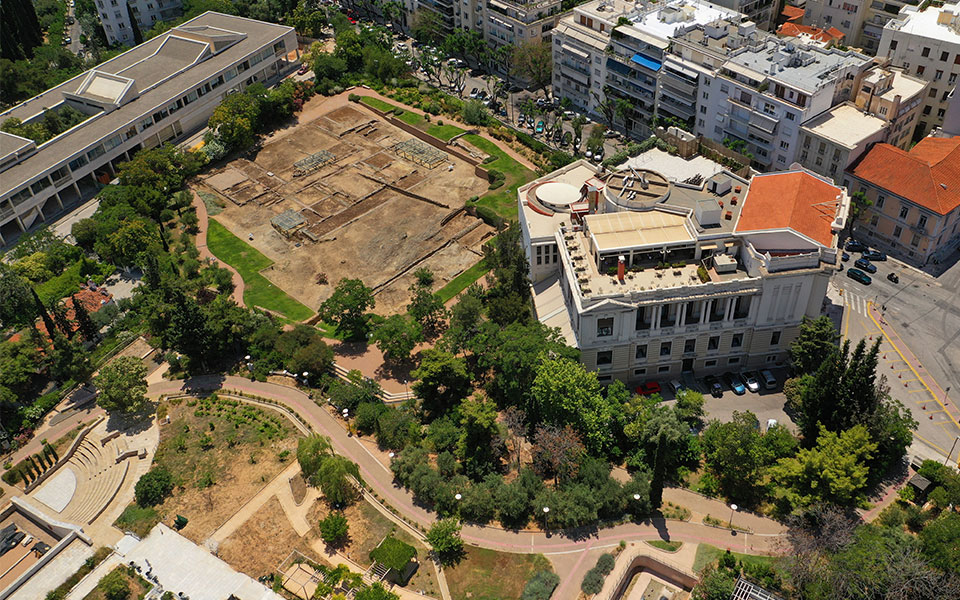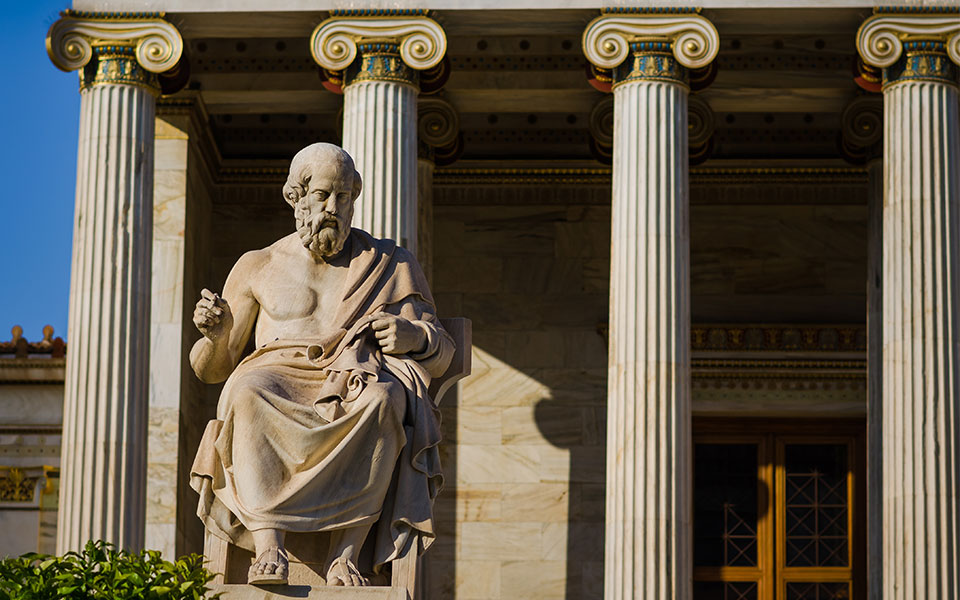An interesting parallel between social media like Twitter with the agora of the Greek city-states has been drawn in a BBC article titled “Would Plato tweet?” The argument pursued in the article is that the open, unconditional exchange of ideas found in the ancient agora, from which some of the ancient world’s greatest philosophers emerged, is not that different from today’s social media environment.
Recognised as place where ideas were tested, and advanced thought and cutting-edge rhetoric were formed, the ancient marketplace, and particularly the agora of 5th century democratic Athens, captivates the imagination of classical scholars around the world.
The article points out that philosophy, at least in the guise we know it over the last 25-27 centuries in Europe, was still in its infancy, and the written word was not widely used. Ideas were transmitted through oral presentations, in public space, in a similar way to epic poetry was performed by bards in earlier times (e.g. Homer and Hesiod).
This means that the main task of philosophers was to grab the attention of their potential audience, which is similar to what one must do on the internet in order to be heard, ideally without constraints or boundaries.

The article mentions the examples of pre-Socratic philosophers like Xenophanes and Empedocles, who used imaginative ways to capture their audience’s attention, either by diverting them during their entertainment or by wearing showy clothes, to suggest that we may be returning to an era where a thinker’s wisdom depends on their ability to present it.
“If these modes of self-presentation had included the ability to take video,” the article continues, “you would have had some potentially very viral philosophers.”
It is also noted that even Socrates never had the need to write down his ideas in order to disseminate them – it was enough for him to communicate them eloquently in the agora to grab his audience’s attention, while he had Plato to manage his posts for him.
Plato made a critical distinction between those who are able to present ideas vividly, and those who were truly able to think them or devise them, as if distinguishing between true influencers and imitators. In the one category he put the philosophers and in the other the sophists.

© Shutterstock
Regarding the banning of fake news, which Plato touches on in his Republic, Professor Jenny Jenkins of Swansea University in Wales is categorical, saying that Plato would ban Facebook. “Facebook does not have the intention of promoting morality, and does not particularly seek to educate its users,” she writes, “so I think Plato would have disapproved of it for this reason alone.” This, the article notes pointedly, would be particularly applicable to platforms which promote disinformation about vaccines and political polarisation.
There is also reference to Diogenes, the Cynic, who lived on the streets and criticised everyone. He is seen as a prototype for internet trolls, a nuisance for Athenians, making cutting comments about their every post.
The article concludes by stressing that the ability we have today to connect is the source of both the best progress and the worst dysfunctions of our age, the origin of both success and self-destruction. However, this has always been the case about our meeting places, like the ancient agora, for good or for ill, when we meet others we also confront ourselves.
Source: BBC
This article was previously published at kathimerini.gr.












